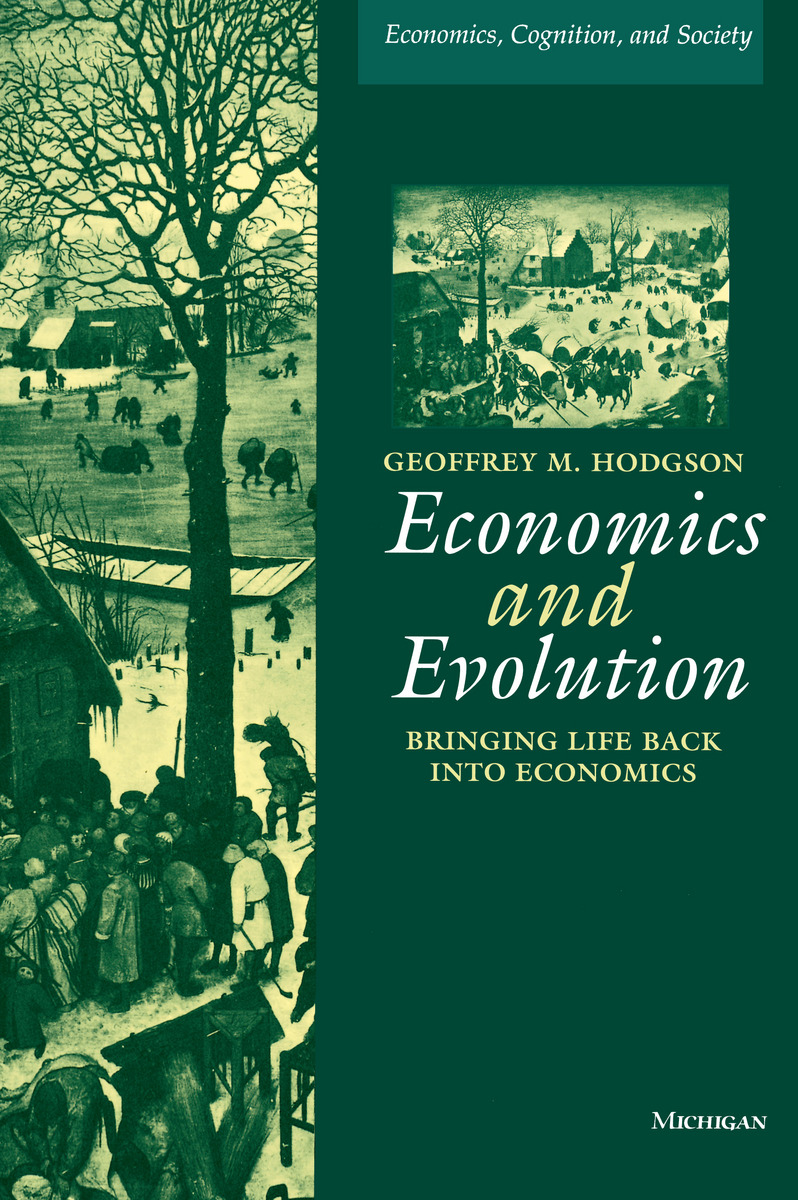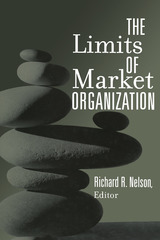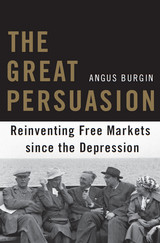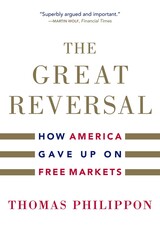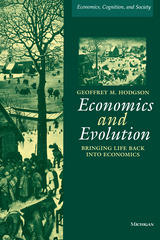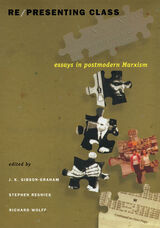Economics and Evolution: Bringing Life Back into Economics
University of Michigan Press, 1996
Paper: 978-0-472-08423-4 | Cloth: 978-0-472-10522-9
Library of Congress Classification HB97.3.H63 1993
Dewey Decimal Classification 330.1
Paper: 978-0-472-08423-4 | Cloth: 978-0-472-10522-9
Library of Congress Classification HB97.3.H63 1993
Dewey Decimal Classification 330.1
ABOUT THIS BOOK | REQUEST ACCESSIBLE FILE
ABOUT THIS BOOK
Economic theory is currently at a crossroads, where many leading mainstream economists are calling for a more realistic and practical orientation for economic science. Indeed, many are suggesting that economics should be reconstructed on evolutionary lines.
This book is about the application to economics of evolutionary ideas from biology. It is not about selfish genes or determination of our behavior by genetic code. The idea that evolution supports a laissez-faire policy is rebutted. The conception of evolution as progress toward greater perfection, along with the competitive individualism sometimes inferred from the notion of the "survival of the fittest," is found to be problematic. Hodgson explores the ambiguities inherent in biology and the problems involved in applying ideas of past economic thinkers--including Malthus, Smith, Marx, Marshall, Veblen, Schumpeter, and Hayek--and argues that the new evolutionary economics can learn much from the many differing conceptions of economic evolution.
"This is a work of enormous perceptivity and subtlety as well as judiciousness of interpretation and critique . . . [that] establish[es] Hodgson as the leading institutional theorist, and as one of the leading evolutionary theorists, of his generation." --Warren J. Samuels
"A daring and successful attempt to expunge the monopoly of reductionist and mechanistic thinking over evolutionary theory . . . a must for anyone who is interested not only in the foundations of economics, but also in the foundations of social theory." --Elias L. Khalil, Ohio State University
Geoffrey M. Hodgson is University Lecturer in Economics, Judge Institute for Management Studies, University of Cambridge.
This book is about the application to economics of evolutionary ideas from biology. It is not about selfish genes or determination of our behavior by genetic code. The idea that evolution supports a laissez-faire policy is rebutted. The conception of evolution as progress toward greater perfection, along with the competitive individualism sometimes inferred from the notion of the "survival of the fittest," is found to be problematic. Hodgson explores the ambiguities inherent in biology and the problems involved in applying ideas of past economic thinkers--including Malthus, Smith, Marx, Marshall, Veblen, Schumpeter, and Hayek--and argues that the new evolutionary economics can learn much from the many differing conceptions of economic evolution.
"This is a work of enormous perceptivity and subtlety as well as judiciousness of interpretation and critique . . . [that] establish[es] Hodgson as the leading institutional theorist, and as one of the leading evolutionary theorists, of his generation." --Warren J. Samuels
"A daring and successful attempt to expunge the monopoly of reductionist and mechanistic thinking over evolutionary theory . . . a must for anyone who is interested not only in the foundations of economics, but also in the foundations of social theory." --Elias L. Khalil, Ohio State University
Geoffrey M. Hodgson is University Lecturer in Economics, Judge Institute for Management Studies, University of Cambridge.
See other books on: Business & Economics | Economics | Evolution | Evolutionary economics
See other titles from University of Michigan Press
